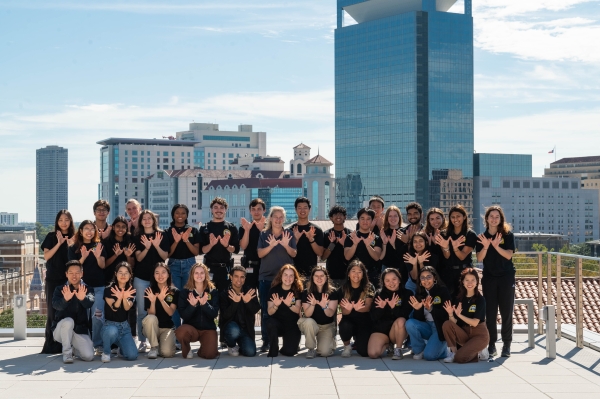College students are often seen as young, carefree individuals who are focused on their studies and social lives. However, a growing number of students are also choosing to become involved in emergency response training, learning valuable life-saving and life skills in the process.
Emergency responders play a critical role in society, providing immediate assistance to those in need during times of crisis. From natural disasters to medical emergencies, these individuals are trained to assess situations quickly and provide aid in an efficient and effective manner.
For college students, becoming an emergency responder not only provides them with practical skills, but also teaches them valuable life lessons. By taking part in training programs and gaining hands-on experience in the field, students learn how to remain calm under pressure, make quick decisions, and work as part of a team.
This real-world experience not only enhances their problem-solving abilities, but also boosts their confidence in their own capabilities. Knowing that they have the skills to potentially save a life in an emergency situation can be a powerful motivator for students to continue their training and pursue a career in emergency response.
In addition to learning life-saving skills, becoming an emergency responder can also teach college students valuable life skills such as communication, time management, and leadership. These skills are transferable to many other areas of their lives, including their academic studies and future careers.
Furthermore, being an emergency responder can be a deeply rewarding experience for college students. By helping others in their time of greatest need, students can gain a sense of purpose and fulfillment that can be hard to find elsewhere. This sense of fulfillment can also help students to cultivate empathy and compassion for others, making them more well-rounded individuals.
Overall, becoming an emergency responder as a college student is a valuable and fulfilling experience that can provide them with essential life-saving skills and valuable life lessons. By taking part in training programs and gaining hands-on experience in the field, students can develop the confidence and abilities they need to make a real difference in the world.



